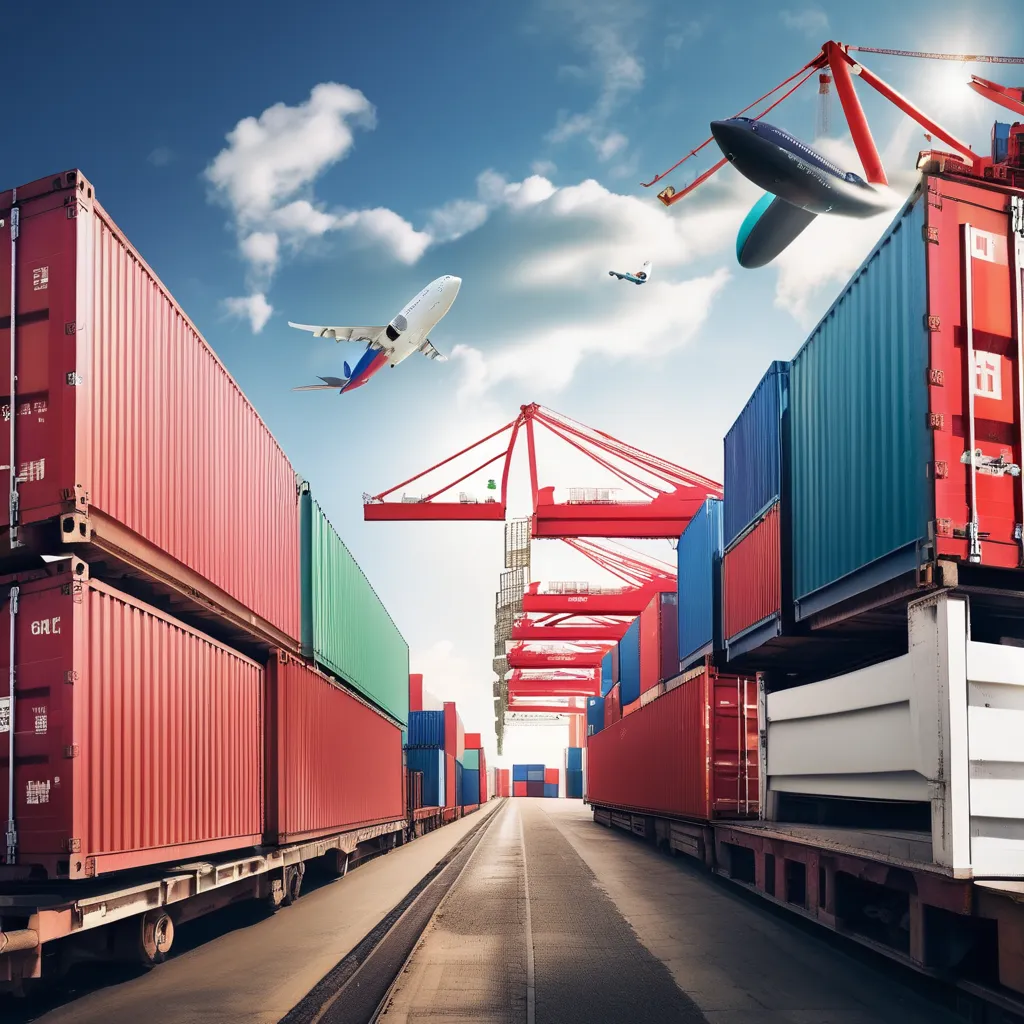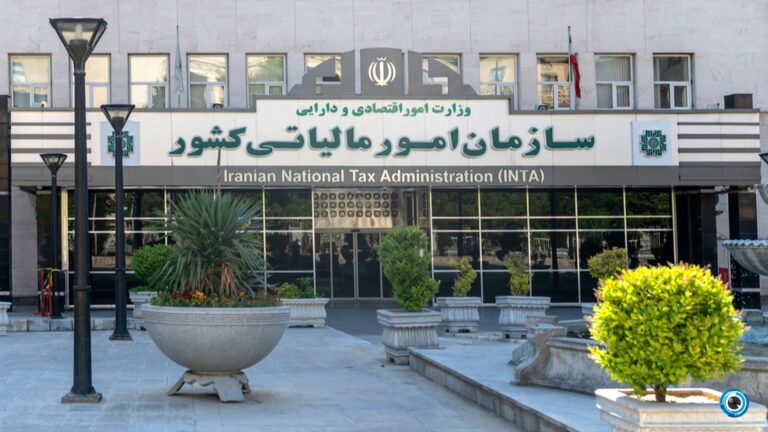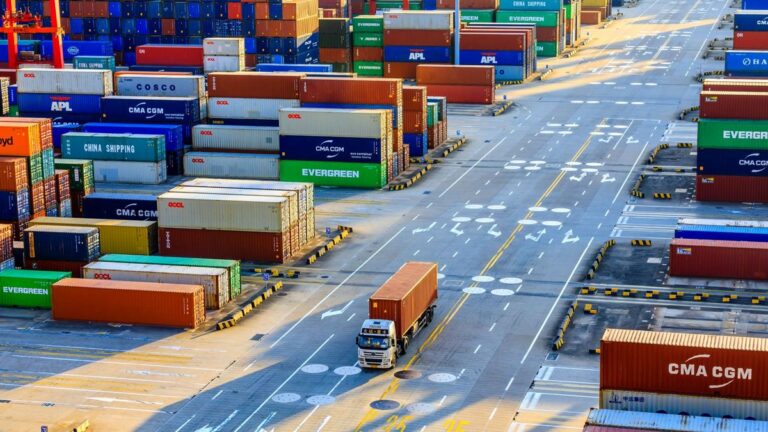Introduction
In an increasingly interconnected world, international trade agreements play a crucial role in shaping a nation’s economic landscape. For Iran, trade agreements can significantly influence its business climate, investment opportunities, and overall economic growth. Although Iran has faced significant challenges due to sanctions, its strategic position in the global market and its ongoing efforts to engage in international trade signal potential opportunities for foreign investors. This article examines Iran’s trade agreements, their implications, and the current position of Iran in the global market.
Understanding Iran’s Trade Agreements
Iran has pursued various trade agreements at regional and international levels to bolster its economy and facilitate trade relations. These agreements primarily encompass bilateral and multilateral agreements.
Bilateral Agreements
Iran has established trade relations through bilateral agreements with several countries, focusing on enhancing economic cooperation and reducing tariffs.
- Examples: Iran has signed agreements with neighboring countries such as Turkey, Iraq, and Russia, which aim to facilitate trade, encourage investment, and eliminate trade barriers.
- Goals: These agreements often focus on sectors such as energy, agriculture, and manufacturing, seeking mutual benefits and economic growth.
Multilateral Agreements
Iran is also part of regional and multilateral agreements, which aim to foster broader economic collaboration.
- Eurasian Economic Union (EAEU): Iran has signed an interim agreement with the EAEU, facilitating trade with member countries by reducing tariffs on several goods. This agreement reflects Iran’s commitment to expanding its access to the markets of Russia, Armenia, Belarus, Kazakhstan, and Kyrgyzstan.
- China-Iran Comprehensive Cooperation Agreement: This 25-year agreement enhances economic cooperation across multiple sectors, including infrastructure, energy, and trade, symbolizing Iran’s intent to strengthen its ties with China, a significant global economic player.
The Impact of Sanctions
Despite its efforts to engage in international trade, Iran faces significant challenges due to economic sanctions imposed by various countries, primarily the United States. These sanctions have created a complex environment for foreign investors and influenced how Iran navigates international trade agreements.
Trade Limitations
- Restrictions on Trade: Economic sanctions have hindered Iran’s ability to trade freely with several nations, limiting access to international markets and financial systems.
- Impact on Agreements: While Iran continues to seek trade agreements, the effectiveness of these agreements is often undermined by the looming threat of sanctions, which can deter foreign investors.
Adaptation Strategies
In response, Iran has adapted its trade strategy by focusing on:
- Strengthening Regional Ties: Increasing economic cooperation with neighboring countries and regional partners, minimizing reliance on Western markets.
- Diversifying Trade Partners: Actively seeking new partners in Asia, particularly with countries like China and India, to offset losses incurred due to sanctions.
Opportunities for Foreign Investors
Despite the challenges presented by sanctions, several sectors show promising potential for foreign investment, particularly within the context of existing trade agreements.
Key Sectors
- Energy: Iran’s extensive oil and gas reserves continue to attract investment, especially from countries that have maintained trade relations despite sanctions.
- Manufacturing and Industrial Development: The push for modernization in manufacturing presents opportunities for foreign participation through joint ventures and technology transfer.
- Agriculture and Food Production: Trade agreements with neighboring countries provide a platform for enhancing agricultural production and exporting goods to regional markets.
Leveraging Agreements
Foreign investors can leverage existing agreements to establish a foothold in the Iranian market. By understanding the specific benefits outlined in trade agreements, businesses can navigate tariffs, import/export regulations, and market access more effectively.
Learn more about all IRAN Business Gate services. Click here for detailed information!
Conclusion
Iran’s position in the global market is shaped by its pursuit of international trade agreements amid the challenges posed by sanctions. While hurdles remain, potential opportunities exist for foreign investors in various sectors, particularly through strategic partnerships and regional collaborations.
Iran Business Gate offers a range of services to assist those interested in entering the Iranian market, including guidance on navigating trade agreements, market analysis, and legal advice. We are here to support and facilitate your journey into Iran, ensuring that you can capitalize on the opportunities that this vibrant market has to offer. Let us help you find your path to success in the Iranian business landscape!
Let's Talk Now!
Your thoughts and questions matter to us! At IRAB Business Gate, we are eager to hear from you.



